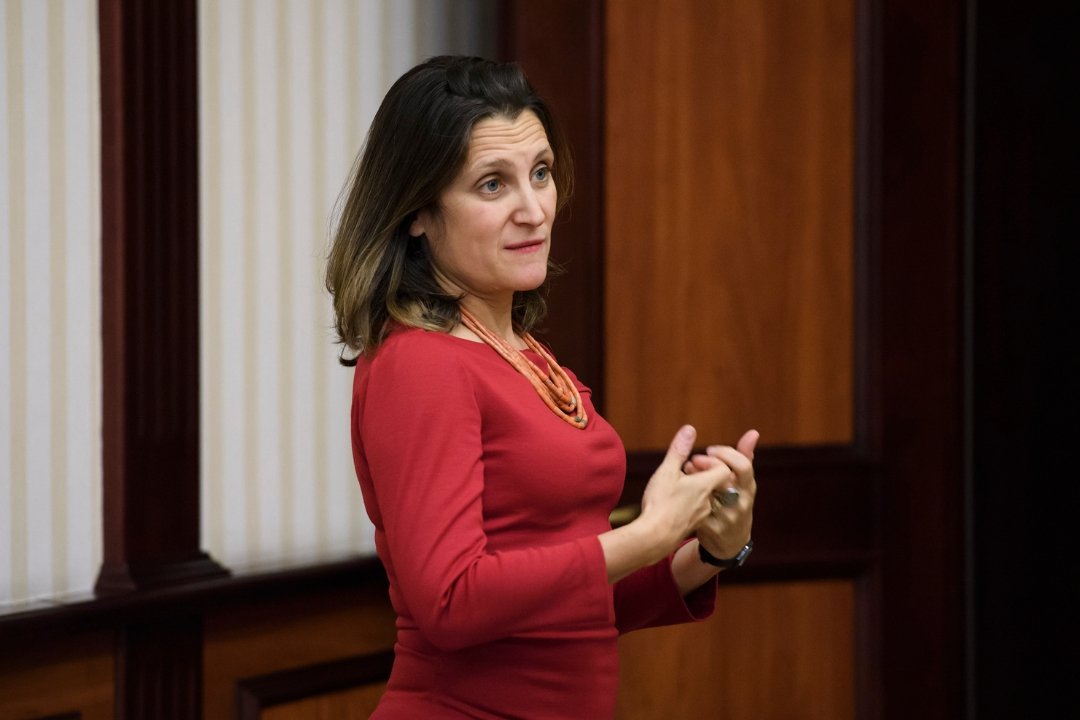In a historic move, Kemi Badenoch has been elected as the new leader of the Conservative Party, marking a significant moment in British politics. Badenoch, who previously served as the business secretary, succeeds Rishi Sunak following a turbulent period for the party, which saw them suffer their worst electoral defeat ever during the recent general election held on July 4.
Badenoch secured a decisive victory with 53,806 votes in a contest against fellow candidate Robert Jenrick, who garnered 41,388 votes. This leadership change comes at a crucial time, as the party looks to rebuild and regain the trust of the electorate after plummeting from 365 seats in 2019 to just 121.
In her acceptance speech, Badenoch emphasized the challenges ahead, stating, “The task that stands before us is tough, but simple; our first responsibility as his majesty’s loyal opposition is to hold this Labour government to account.” This highlights her commitment to re-establishing the Conservatives as a formidable opposition force in the UK political landscape.
With her election, Badenoch has made history as the first black leader of a major UK political party and becomes only the fourth woman to lead the Conservatives, joining the ranks of former prime ministers Margaret Thatcher, Theresa May, and Liz Truss. Her ascent is particularly notable as she represents a breakthrough in a party that has traditionally been led by white males.
The road ahead is steep for Badenoch. Political analysts warn that she faces the daunting task of revitalizing the party and reaching out to a wider range of voters to rebuild its support base. Rob Ford, a political science professor at the University of Manchester, pointed out the critical need for Badenoch to broaden her appeal, saying, “Badenoch will need to find a way to appeal to a broader array of voters in order to win office at the next general election, which Labour must hold by mid-2029.”
Badenoch’s leadership style will be closely watched as she navigates the complexities of opposition politics and attempts to unite her party. The challenges are not just about winning back seats, but also about reconnecting with disillusioned Conservative supporters who have drifted away in recent years.
As the Conservatives brace for this new chapter under Badenoch, the political landscape remains dynamic and unpredictable. Her ability to steer the party through this period of renewal will be pivotal, not only for the Conservatives but also for the broader UK political scene. The coming months will reveal whether Badenoch can indeed fulfill her promises and lead her party back to prominence.










